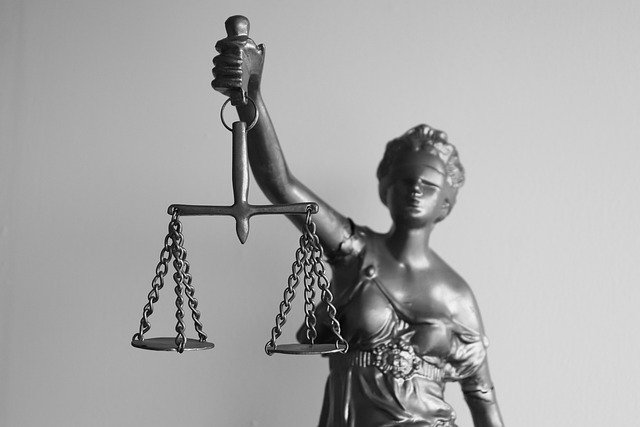
The legal system is given by the system of rules that organize a society.
To define the concept of legal system, it is necessary to explain in advance what each of the two terms that make it up mean.
Ordering serves to refer to the action and effect of ordering . It is a verb that refers to organizing something according to a convenient way or plan, directing a cause to a previously determined end or ordering someone to carry out a certain action. When it comes to the latter case, we are talking about a person with a certain authority over another to tell him or her to carry out a certain action; For example, a mother can order her son to brush his teeth before going to bed or a boss can tell his employee what to do to improve the company's work.
Legal is that which concerns the law or that conforms to it. In turn, this concept is related to that of which it refers to legislation.
What is the legal system
Starting from this basis we can say that the legal system or order is the system of rules that govern the legal organization of a certain place and time. This means that the legal system may vary depending on the city, province or country, or according to the historical moment in question.
Today most nations identify with a type of democratic organization; Therefore the following explanation could be valid for any of them. In a society where democracy governs, the legal system is made up of the Constitution (the supreme norm of a State ), the laws , regulations, treaties, conventions, provisions and other regulations.
Organization of society
Society , therefore, is organized according to its legal system, which is linked to objective law (the set of rules by which a community is governed). The different components of the legal system are articulated in a coordinated manner, through a normative hierarchy (with the Constitution at the highest part) and respecting certain principles (such as temporality, which consists of the most recent law repealing the preceding one). .
It is important to highlight that the legal system is dynamic, since the State has legislative powers that allow it to adapt the rules to the specific needs of the population.

The Constitution, laws and other regulations make up the legal system.
Differences between legal order and legal system
Legal order and legal order are two expressions that are often used interchangeably in colloquial speech to generally refer to the second of them. However, in a rigorously technical legal language it is necessary that we know how to distinguish them. Both belong to different entities.
The concept of legal order refers to the harmonious set of relationships that are established in a society; They are regulated by Law and take place in a specific space and time. We could say that it is therefore a social reality.
The legal system is defined as the unitary set of rules that govern at a certain time and space. It is a normative entity , of nature, and as such, ideal.
This leads us to say that between order and regulation there is a weak line that divides them : order comes first, it informs legislation about what society understands as necessary or essential for life in society to function correctly, and ordering puts it into words and practice. That is to say, the latter does not achieve its purpose, if not through order.
System and community concepts
On the other hand, we should not confuse the legal system with the legal system . The first is normative in nature, while the second is cognitive in nature. That is to say, it is formed by the knowledge and information inherent to the Law and moves at the level of theory. The closeness between the two is that the ordering provides the material for the system to carry out a scientific reconstruction according to the accumulated theoretical criteria.
Finally, the concept of legal community is the collective of human beings that make it up and that make possible the normal functioning of the rest of the concepts expressed above.
